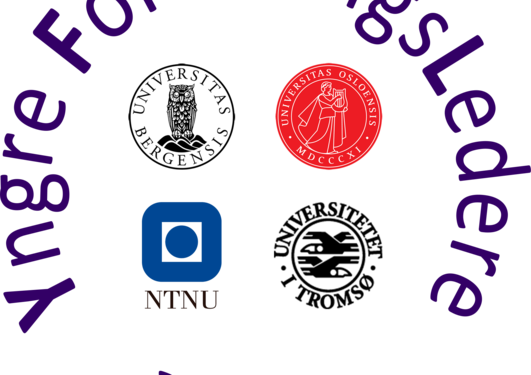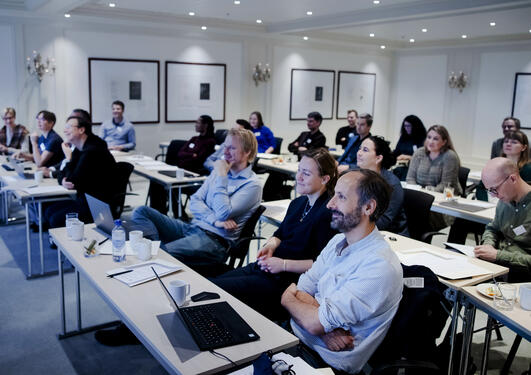Andrey Chetverikov
Andrey Chetverikov, førsteamanuensis, Universitetet i Bergen
Hovedinnhold
- uncertainty
- perception
- memory
- decision-making
Research interests:Uncertainty is present in all types of decision-making. For example, when a government has to decide whether to lift restrictions introduced during the pandemic, it has to take into account the imprecision in the predictions made by epidemiologists and economists. At a very different level, when driving on a rainy day, the driver must take into account uncertainty in the estimates of speed and distance from other cars. I am interested in understanding how the brain makes decisions in the face of uncertainty using low-level cognition (perception and memory) as a ‘model system’.
In the past, I explored this field by following two research lines. First, by borrowing ideas and algorithms from computer science, I was able to simulate and test models of how observers can quickly encode variability in stimuli features (external uncertainty) to account for it in perceptual decisions (e.g., picking a ripe avocado based on its colors in a grocery store). One of the crucial findings was that, in contrast to a popular ‘summary statistics’ idea (the brain only keeps summaries, like an average color), the full feature probability distribution is encoded (the brain knows how probable are different colors). This highlights the powerful capabilities of our visual system when dealing with external uncertainty.
Second, I have been studying how the brain processes and copes with variations in underlying neural firing (internal uncertainty) inherent in any visual computation using machine learning and neuroimaging methods. Using a novel Bayesian fMRI decoding approach, we found that not only can the precision of motion perception (reflecting the internal noise) be reliably extracted from activity in the human visual cortex, but also that the perceived direction of motion reflects both motion and orientation information available in the patterns of cortical activity. These findings demonstrate that even in low-level perception, combining information from different sources helps reduce uncertainty.
In the future, I aim to continue using a combination of behavioral experiments, fMRI neuroimaging, and computational modeling to describe how our brains make decisions despite noise in the environment and in neural computations. This might be key to understanding why human cognition seems fragile in some cases and yet very robust in others and will contribute to practical applications such as more efficient AI systems and clinical work.
Contact information: https://www.uib.no/en/persons/Andrey.Chetverikov


